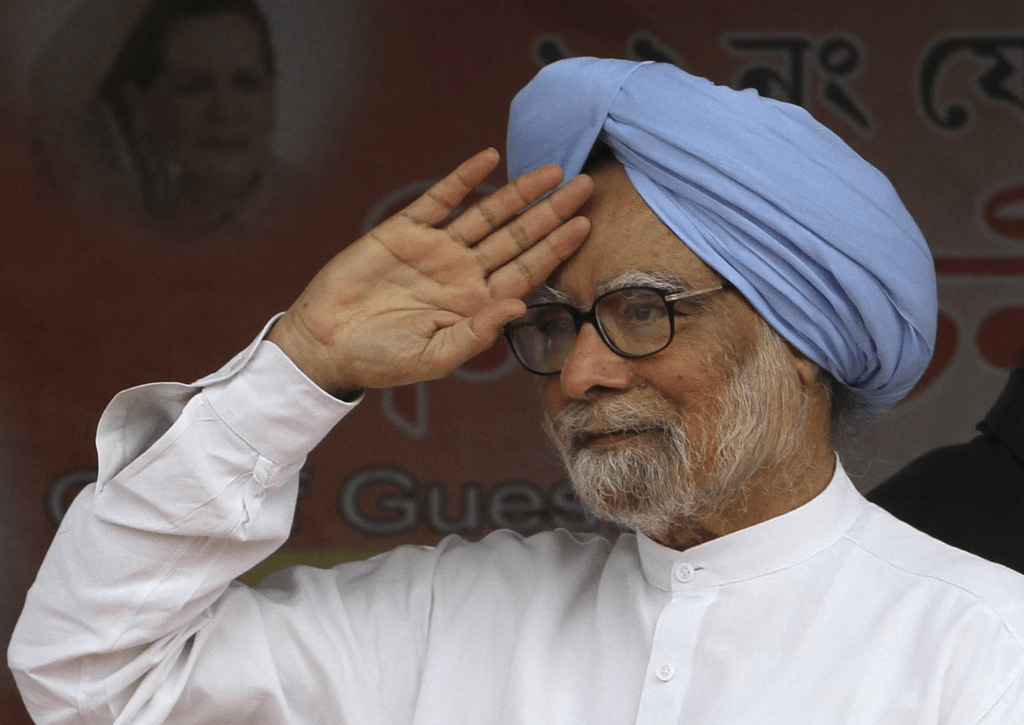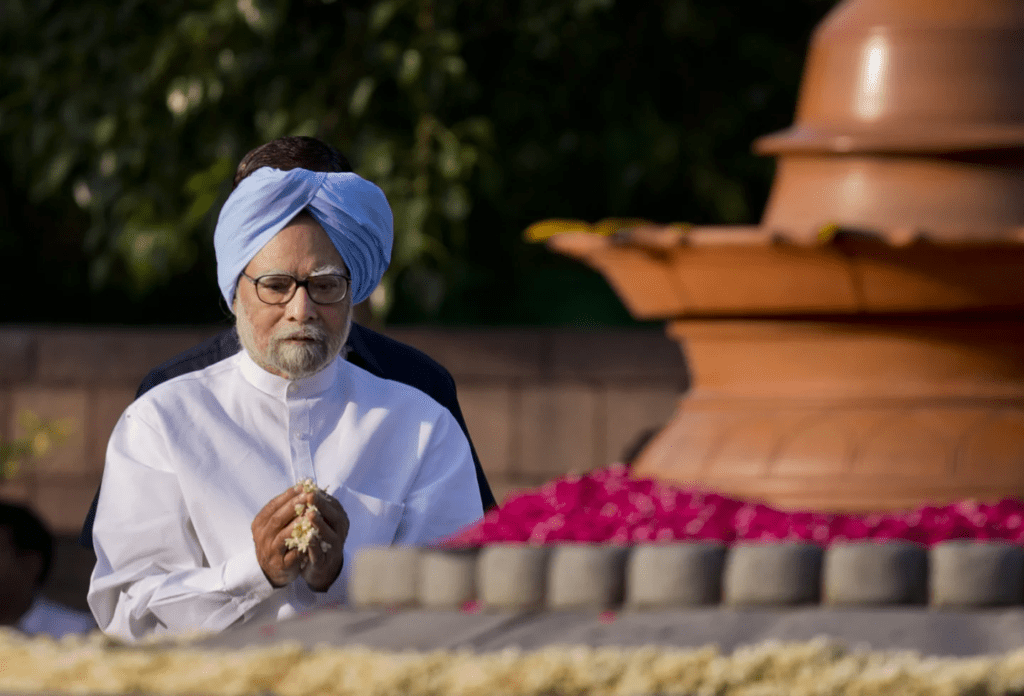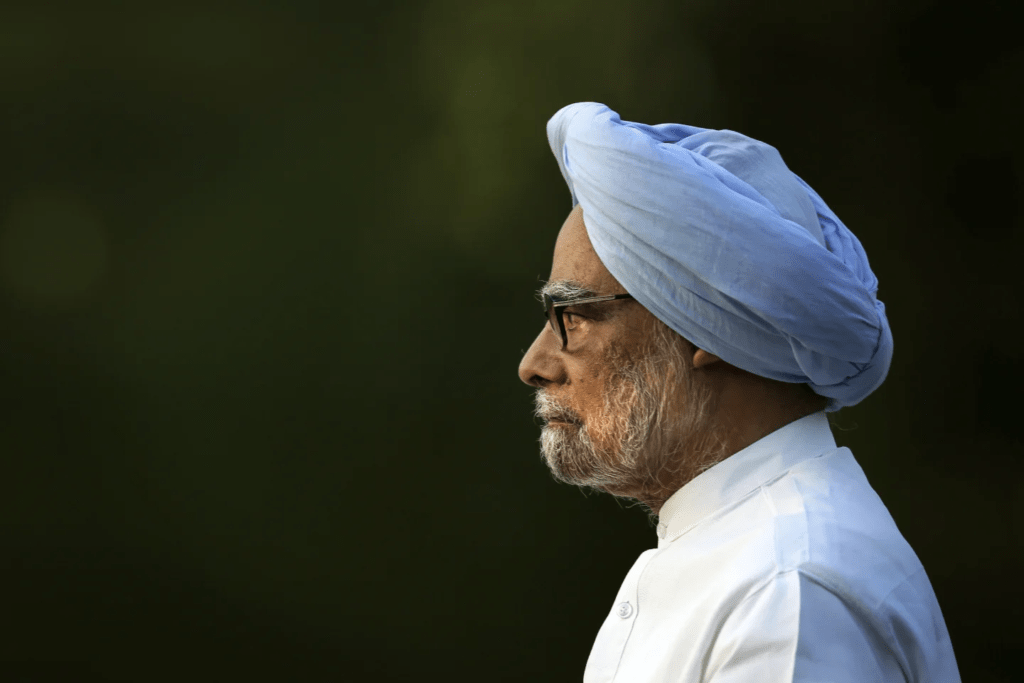Former Prime Minister of India, Dr. Manmohan Singh, passed away on December 26, 2024, at the age of 92. He was admitted to the All India Institute of Medical Sciences (AIIMS) in New Delhi following a sudden loss of consciousness at his residence. Despite prompt medical attention, he was declared dead at 9:51 PM.
Manmohan Singh Early life
Born on September 26, 1932, in Gah, Punjab (now in Pakistan), Dr. Singh’s early life was marked by academic excellence. He earned his doctorate in economics from Oxford University, laying the foundation for a distinguished career as an economist and public servant. His tenure as Finance Minister from 1991 to 1996 was transformative, as he introduced economic reforms that liberalized India’s economy, steering the nation towards rapid growth and integration into the global market.

In 2004, Dr. Singh became India’s first Sikh Prime Minister, leading the country for a decade until 2014. His leadership was characterized by significant economic expansion, with an average growth rate of nearly 7% per annum. A notable achievement during his premiership was the landmark civil nuclear agreement with the United States in 2008, which ended India’s nuclear isolation and opened avenues for international nuclear commerce. Source: Reuters
Despite his personal integrity, Dr. Singh’s administration faced challenges, particularly during his second term, with allegations of corruption against several ministers. These controversies contributed to the Congress Party’s defeat in the 2014 national elections. After leaving office, Dr. Singh maintained a low profile, occasionally offering his insights on economic and political matters.

Prime Minister Narendra Modi expressed condolences, acknowledging Dr. Manmohan Singh as one of India’s most distinguished leaders who rose from humble beginnings to leave a significant impact on the nation’s economic policies. Modi highlighted Singh’s efforts to improve the lives of citizens and his insightful contributions in Parliament.
Dr. Manmohan Singh’s legacy as a reformer and statesman is profound. His economic policies not only averted a financial crisis in the early 1990s but also set India on a path of sustained growth, lifting millions out of poverty. His tenure as Prime Minister was marked by efforts to balance economic development with social welfare programs, aiming to create an inclusive growth model.

Beyond his economic acumen, Dr. Singh was known for his humility, scholarly demeanor, and unwavering commitment to the nation’s progress. His passing marks the end of an era in Indian politics, leaving behind a legacy that will be remembered and studied for generations.
Dr. Singh is survived by his wife, Gursharan Kaur, and their three daughters. As the nation mourns his loss, tributes pour in from global leaders, economists, and citizens, all recognizing his monumental contributions to India’s development and his role in shaping the country’s modern economic landscape.
In reflecting on his life, it’s evident that Dr. Manmohan Singh’s journey from a small village in Punjab to the highest echelons of political power is a testament to his intellect, dedication, and vision for India. His policies and leadership have left an indelible mark on the nation’s history, and his legacy will continue to inspire future generations.
A Beacon of Hope and Integrity
Dr. Manmohan Singh’s life exemplifies how dedication, humility, and intellectual rigor can transcend barriers. A statesman known for his measured approach and unwavering focus on national interests, he inspired millions through his calm demeanor and steadfast commitment to India’s development. Even during turbulent political times, he remained a symbol of integrity and resilience, earning respect across party lines.
Tributes Pour In from Across the Globe
International leaders, economists, and dignitaries have joined in paying their respects, acknowledging Dr. Singh’s contributions to the global economic landscape. Former U.S. President Barack Obama, in a statement, called him “a wise leader whose work brought India to the forefront of global discussions.” Nobel laureate Amartya Sen praised his vision, calling him “an economist who believed that growth is meaningful only when it’s inclusive.”
Public Response
Across India, citizens gathered to honor his memory, holding candlelight vigils and sharing personal anecdotes of how his policies touched their lives. Social media platforms overflowed with tributes, as people from all walks of life reflected on his legacy.
Funeral Arrangements
The government has announced a state funeral for Dr. Singh, which will be held at the Rashtriya Smriti Sthal in New Delhi. Leaders from across the political spectrum, as well as international dignitaries, are expected to attend. The Indian flag will fly at half-mast for the next three days as a mark of respect.
Remembering His Legacy
As India bids farewell to one of its most revered leaders, Dr. Singh’s legacy as a reformer, economist, and statesman remains etched in the nation’s history. His contributions to economic policy, governance, and social welfare will continue to serve as guiding principles for generations to come.
ALSO READ: Manmohan Singh Was Extraordinary, But India Stalled: Infosys Founder Narayana Murthy











